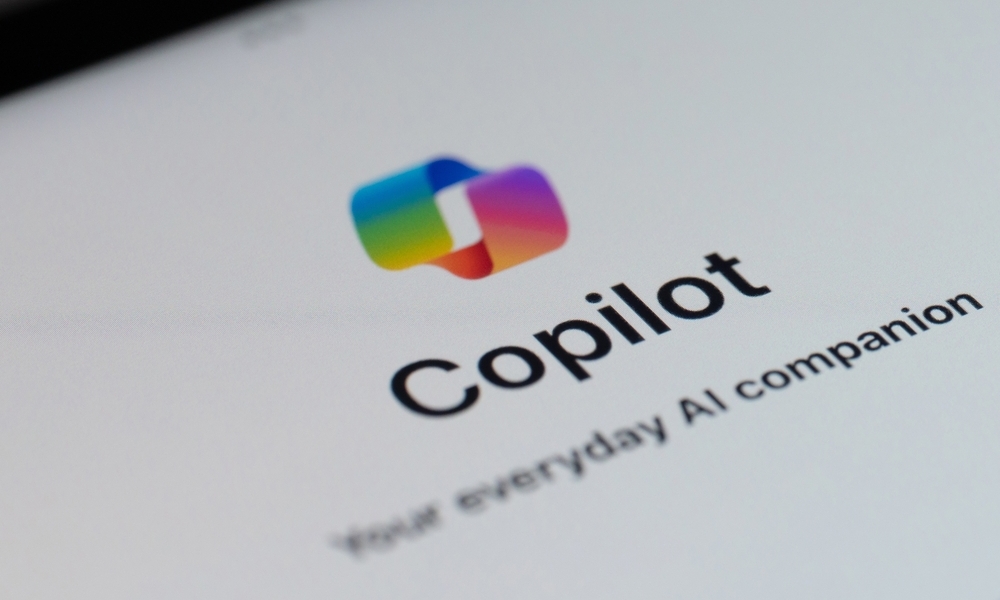AI is quietly changing how work gets done in Cyprus. According to an AI tools specialist at one of the island’s Big Four firms who spoke to Politis to the Point, companies are no longer experimenting with chatbots or simple prompt tools, they are integrating AI agents that perform tasks once handled by employees.
“These tools are already being implemented in Cyprus,” the expert said. “We’re seeing them take over administrative, repetitive work, the kind of back-office processes that slow organisations down.”
What are AI agents?
Unlike earlier AI assistants that simply replied to questions or drafted text, agents can act. They read information, decide what steps to take, and carry out a sequence of actions,; such as replying to an email, updating a spreadsheet, generating a report, or notifying a manager, all within a company’s secure systems.
In practical terms, agents are being deployed to automate what the expert described as “the donkey work”: document filing, email sorting, internal ticketing, and data reconciliation. In large organisations, that can free up dozens of hours each week for employees to focus on higher-value work.

How AI experts sell and build these systems
Behind this rollout is a growing industry of AI consultants and systems engineers working within Cyprus’ largest tech and advisory firms.
The process begins with a data and workflow audit; mapping where time is lost, where information sits, and which tasks repeat predictably.
Once that audit is complete, teams propose tailored solutions: sometimes by integrating existing models like Microsoft Copilot, Google Gemini Enterprise or AWS Bedrock, and other times by building custom “agents” using open APIs or proprietary frameworks. Open APIs are publicly available software connections that let different programs or systems talk to each other. For example, allowing an AI tool to access a company’s email or database safely without needing to rebuild everything from scratch.
“Every client wants something slightly different,” the Limassol-based expert explained. “A bank might need an agent that pulls compliance reports from multiple systems, while a shipping company wants one that manages invoicing and document approvals. We build them to fit securely into the company’s environment, not as external apps.”
These consultants often follow a subscription model, offering not only deployment but also training, continuous updates and security monitoring. The result is an emerging local ecosystem; data analysts, developers, and compliance officers collaborating to make AI usable and safe inside Cypriot firms.
The platforms driving adoption
Most corporations in Cyprus already use Microsoft Outlook and Teams for communication, the expert says, which gives Microsoft Copilot a natural advantage. It’s integrated directly into Office tools and can be switched on without changing infrastructure.
In Limassol’s forex and fintech sector, where many firms run on Amazon Web Services (AWS), companies are beginning to use Amazon Bedrock, a cloud system that connects to multiple AI models, including those from Anthropic and Meta. Bedrock’s new “AgentCore” framework lets firms deploy agents that are governed by company policies and security rules.
Meanwhile, Google’s Gemini Enterprise, launched globally this month, is positioning itself as a cross-platform AI system for businesses. It allows users to build and supervise custom agents that link with both Google Workspace and Microsoft 365 environments. Analysts describe it as Google’s bid to compete directly in enterprise automation.

From offices to ministries
The momentum isn’t limited to the private sector. The Cypriot government recently confirmed that Microsoft Copilot will be introduced across civil-service departments, starting with 350 licences. The move is part of a €5 million digital transformation initiative, with the goal of easing administrative workloads and improving efficiency.
Regulation catching up
As Cyprus embraces automation, it must also prepare for regulation. The EU AI Act, which began taking effect in August 2025, requires transparency and accountability for any system that influences decision-making or handles personal data. For organisations deploying agents, this means keeping records of what each system does, limiting its access rights, and ensuring that every action can be audited.
Implementing agents without clear oversight could expose companies to fines under EU law. That is why most major deployments in Cyprus, from banks to ministries, are being introduced gradually, with internal compliance teams involved from the start.
A turning point for Cyprus
AI agents are not a distant concept. They are already working behind the scenes in Cyprus. The transition is quiet but significant: for the first time, artificial intelligence isn’t just generating text; it’s carrying out real tasks inside Cypriot institutions.
AI experts are the new intermediaries in that transition, helping organisations identify where automation makes sense, ensuring it happens safely, and proving that these tools can increase productivity without undermining human judgement.
And while Copilot’s entry into the public sector captures headlines, the deeper story is how quickly the country’s business infrastructure is adapting to a future where work is shared between humans and the software agents they supervise
